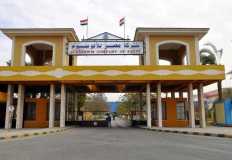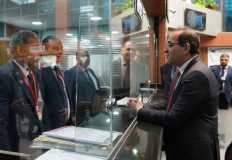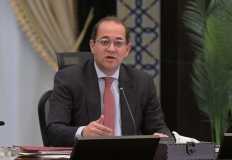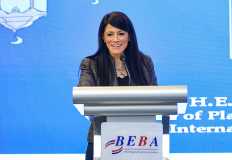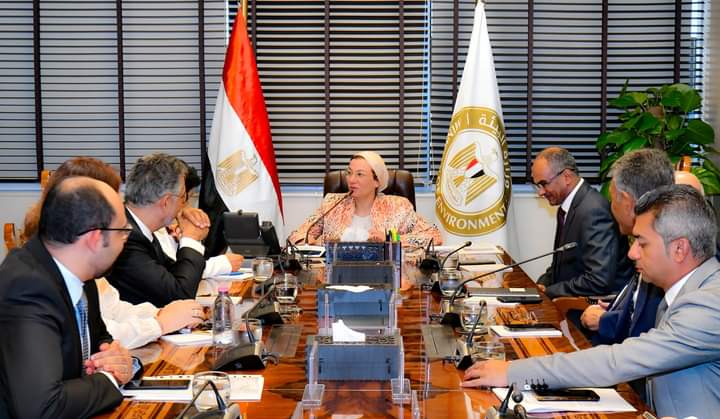
Minister of Environment Dr. Yasmine Fouad discussed with Sabrina Soussan, CEO of the French company Suez, and her accompanying delegation, exploring avenues to strengthen their collaborative efforts in implementing various environmental projects. These projects focus on innovative solutions for waste and sludge conversion into energy, as well as water management and desalination technologies.
Dr. Yasmine Fouad expressed
appreciation for the longstanding cooperation with France in the fields of
environment, biodiversity, and climate. She also discussed potential areas of
cooperation, including the sectors of water management and desalination
services, renewable energy, waste-to-energy conversion, and implementation
methods and financing mechanisms.
Over the past years, Egypt has
made significant strides in its waste management sector. The cornerstone of
these efforts has been the implementation of the Waste Management Law, which
promotes a circular economy and encourages private sector participation. This
legislation has paved the way for the development of a robust waste management
infrastructure, including new landfills, recycling facilities, and
waste-to-energy plants.
The infrastructure of
intermediate stations, factories, and sanitary landfills has been under
construction for the past 5 years. Additionally, random dumps have been closed
in cooperation with relevant authorities. Furthermore, the informal sector has
been integrated into the formal system, providing social and health insurance.
Contracts have been signed with private sector companies involved in
collection, transportation, and street cleaning, as part of mechanisms to
engage the private sector.
Egypt has also prioritized the
conversion of waste into energy, recognizing its potential to reduce landfill
reliance and generate renewable power. The government has issued guidelines for
waste-to-energy projects and is actively seeking partnerships with investors to
develop innovative solutions in this area.
Both parties explored
opportunities for collaboration in studying the environmental impacts of
desalination, particularly given Egypt's growing reliance on this technology. They
discussed exchanging expertise on desalination's effects on marine life,
especially as Egypt expands its desalination projects and integrates renewable
energy into their operations. This cooperation aligns with Egypt's broader
climate goals, including the NOFI program for linking energy, food, and water,
which Egypt has launched during hosting the COP27.
Sabrina Soussan highlighted her company's experience in water management and environmental solutions globally. She expressed interest in partnering with Egypt to strengthen its ecosystem and contribute to its climate action plans. The company offers a range of services, including integrated water treatment, waste-to-energy, recycling, and desalination powered by renewable energy. Soussan proposed a twinning program to transfer technology and train local staff, particularly in new urban areas.
Regarding biogas production, Dr. Fouad pointed out the possibility of cooperation in implementing medium and large-scale units for agricultural or animal waste, especially those generated from large farms, through the implementation of a pioneering project that provides an independent renewable energy source for these facilities and companies, building on Egypt's success in disseminating biogas technology through the Bioenergy Foundation, by expanding the implementation of small units and training youth in rural areas to implement and manage them, and creating many startups in this field. She affirmed that this model will allow for the creation and management of renewable energy through the private sector, which will be an incentive for the private sector to invest in waste management, in addition to its contribution to implementing the plan of national contributions.

